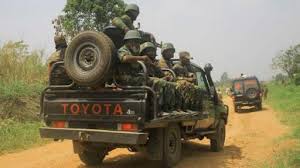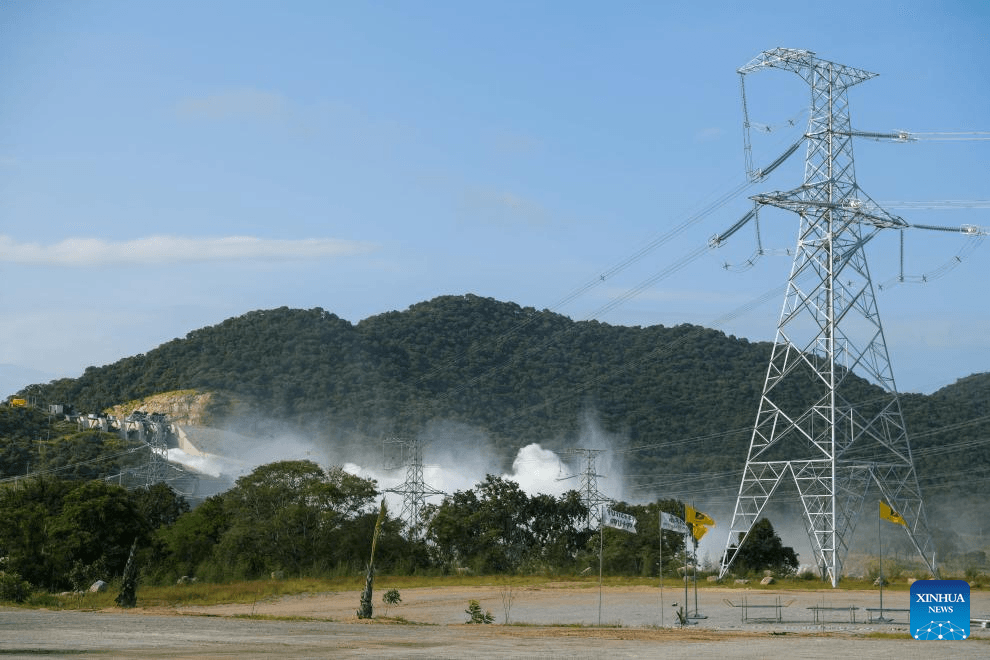
The recent killings of more than 700 people in the Goma region of Eastern Congo are sad memories of the history of wars and instability that continue to rock Africa.
In the aftermath of the Rwandan genocide in 1994, many Hutu survivors fled to the Congo as refugees, seeking safety from the Tutsi-led government, which they believed was determined to annihilate them.
The conflict in the Congo must be contained to enable the continent to move forward. Historically, the first emergence of civil unrest in the Congo can be traced back to 1996-1997.
However, postcolonial battles and divisions dating back to Belgian rule have continued to create unrest in the region.
The assassination of Patrice Lumumba, hailed as a true Pan-Africanist, in the 1960s, marked a significant turning point in the country’s political instability. Another key cause of instability was the overthrow of Mobutu Sese Seko and the renaming of Zaire to the Democratic Republic of Congo.
This conflict, often called ‘Africa’s First World War’, entrenched unrest in a region rich in natural resources, including the vast Congo rainforest and an abundance of minerals.
The second phase of the Congo war reemerged between 1998 and 2003, led by rebel groups seeking to oust Laurent-Désiré Kabila, who had overthrown Mobutu.
This period saw the entry of Rwanda and Uganda into the conflict, with both nations supporting Kabila’s government.
In 1997, after consolidating power, Kabila expelled Ugandan and Rwandan forces, setting the stage for conflict between his government and various rebel factions. Often in Africa, leaders who assume power through military backing tend to establish their authority by turning against the very forces that once supported them, and Kabila followed this pattern.
Attempts were made to restore stability. Between 1998 and 2003, peace negotiations were held in Lusaka and Pretoria, leading to the formation of a transitional government and a ceasefire agreement between the rebels and government.
With the war ending, the people of the Congo participated in their first democratic elections, which saw Joseph Kabila elected president in 2006.
In 2019, he was succeeded by Felix Tshisekedi in the country’s first peaceful transition of power since independence. However, another critical phase of conflict emerged with the rise of the March 23 Movement (M23), a Tutsiled Congolese rebel group that originated in the Masisi Territory of Eastern Congo between 2012 and 2013.
For observers, the resurgence of armed groups in a nation heavily reliant on international aid, plagued by decades of conflict and struggling with governance incapable of addressing the people’s basic needs only deepened the crisis. e entry of UN peacekeeping troops played a role in reducing the intensity of the conflict. The complexity of the war is an issue that regional actors and the international community must not ignore.
The conflict risks escalating into a regional war.
The role of international powers and mercenaries in fueling these conflicts must also be investigated. While the world battles with the ongoing wars between Russia and Ukraine and the recent ceasefire between Israel and Palestine, we must do all we can to end war in the Congo basin for the sake of peace and prosperity.
History has shown us that no nation can thrive amid unrest and instability. We must not sit idly by while women and children become refugees in their own country.
The time to act is now.
The writer is a Governance analyst and Mandela Washington Fellowship










